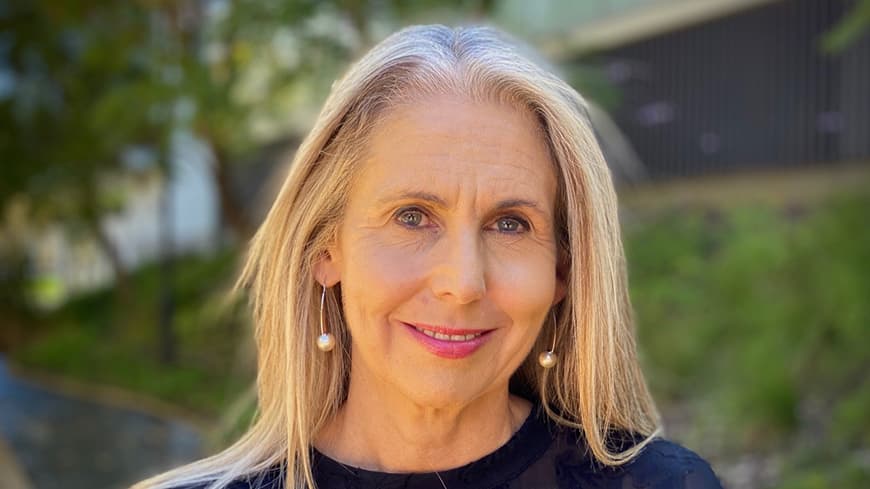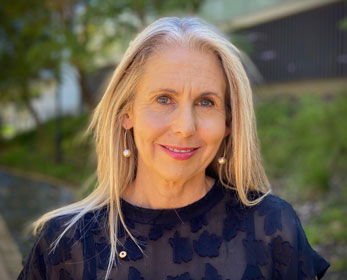
When I was a teenager tossing up between journalism or teaching as a career, my mother who was a teacher told me straight, “don’t do it Love”. After 25 years in the classroom, the low-status, long hours and her unyielding sense of responsibility to students had taken its toll.
But I ignored her advice and did it anyway.
That’s what teachers are like, altruistic. They are good people who put student’s needs ahead of their own.
Pre-pandemic, the general public were the first to remind teachers about their abundance of holidays and short working day. Then they had a go themselves.
These days, I train teachers. Ten years ago, in response to concerns that so many of them were leaving the profession early, Edith Cowan University where I work received funding from the Federal Government to run a ‘teacher residency’ program. It was based on an apprenticeship model and allowed pre-service teachers to spend more time in schools during their year-long program than usually happens with traditional teaching degrees. They all got jobs, and often at their host schools. Many residency graduates were recognised with teaching awards and early promotions. Despite being so effective though, this model for teacher training was expensive and so, when the funding ran out, it stopped. Ironically, it’s now being touted as a potential solution to address the current teacher shortage.
The impact of that learning in-situ stuck with me though. There is plenty of research showing that ‘drive by’ professional learning simply doesn’t work, particularly if you’re trying to change teachers’ practice. ‘Drive by’ is the kind of professional learning where teachers sit and listen to an educational expert, then are left to work out how to implement whatever they learned on their own. In most cases, it’s tantamount to saying: God-speed and good luck. More worryingly, this kind of training does not deliver the kind of student outcomes we want.
There is another way, but it took a bold philanthropist to take it on. When I approached Annie Fogarty AM, Executive Chairperson of the Fogarty Foundation, she had every right to be sceptical.
This was my proposition. “How about we get teachers to come to professional learning at a high performing school during the January holidays and after watching expert teachers in action, have a go themselves, with students, while being coached?”
The Fogarty EDvance School Improvement Program was established in 2012 to support schools in challenging communities by enhancing the capacity of educational leaders to address the complexity in their schools. It was looking for ways to support teachers to take-up explicit instruction, a high impact instructional approach. As the name suggests, high impact instruction, which is characterised by teachers breaking tasks down, providing students with multiple opportunities for practice, and then regularly checking that students really do understand, does lead to improved student outcomes.
Annie Fogarty knew teachers taking part in the EDvance program were a committed bunch, but her questions were legitimate: who would host such a program and where would we get the students?
Luckily, as the Chair of Dawson Park Primary School, a high performing school in Forrestfield, I am privileged to work with the most altruistic of staff, led by Pauline Johnson the principal. She agreed to open her classrooms. As far as recruiting children went, our timing was impeccable.By the last few weeks of the school holidays parents have run out of enthusiasm and/or money. They welcomed being able to send their children back to school early. If you are thinking the children were unwilling conscripts, you’d be wrong. Such is the culture of the school that the children were happy to be involved; they liked the expert teachers who took led the program and felt successful during the lessons. Further, while they were in classrooms learning most of the time, the Fogarty Foundation provided everything from magic shows to face painting during break times.
Since 2018, 400 early childhood, primary and secondary teachers from 120 schools across Western Australia have given up a week of their school holidays to attend the Fogarty EDvance Teaching Intensive. This involves a day of professional learning at Edith Cowan University about the ‘Science of Learning’, an approach to teaching informed by an understanding of how the human brain learns. Actually learning something means taking it from short to long-term memory and being able to retrieve it, like times-tables. Next time you are trying to figure out how much you’ll save with a 25 per cent discount on a new pair of $120 shoes, there’s a lot going on in your head. Whichever way you solve it, if you can’t divide 120 by 4, or even know 25 is a quarter of 100, you’re in trouble.
For the remainder of the week, the participants return to the classroom to watch expert teachers demonstrate Daily Review, a fast-paced review of previous learning, and explicit lessons, Those attending then replicate what they’ve observed and receive written feedback and coaching.
In the early days, some of the participating teachers, often the most experienced, were seen nervously blowing into paper bags before they attempted the explicit routines in front of their peers. Changing how you teach is hard, yet over the last five years, high impact instruction has become more common in Western Australian classrooms and that has been matched by a significant growth in NAPLAN results, particularly in written expression.
Mercifully, the forecast for this year’s Intensive is for cooler weather rather than the heatwave conditions endured by the previous alumni. And last year, they had to do it with facemasks and social distancing. The 2023 cohort includes 120 teachers from over 40 schools, mostly government, but with some Catholic schools from Kununurra to Norseman.
None of this would be possible without the Fogarty Foundation, nor the school administration, staff and children involved. However, if it wasn’t for the altruistic behaviour of teachers willing to give up their summer holidays to improve their teaching practice, we’d all still be lying by the pool.
This article was originally published in The West Australian
 Hundreds of WA teachers give up their January holidays each year to 'learn.' Image credit: The West Australian
Hundreds of WA teachers give up their January holidays each year to 'learn.' Image credit: The West Australian



